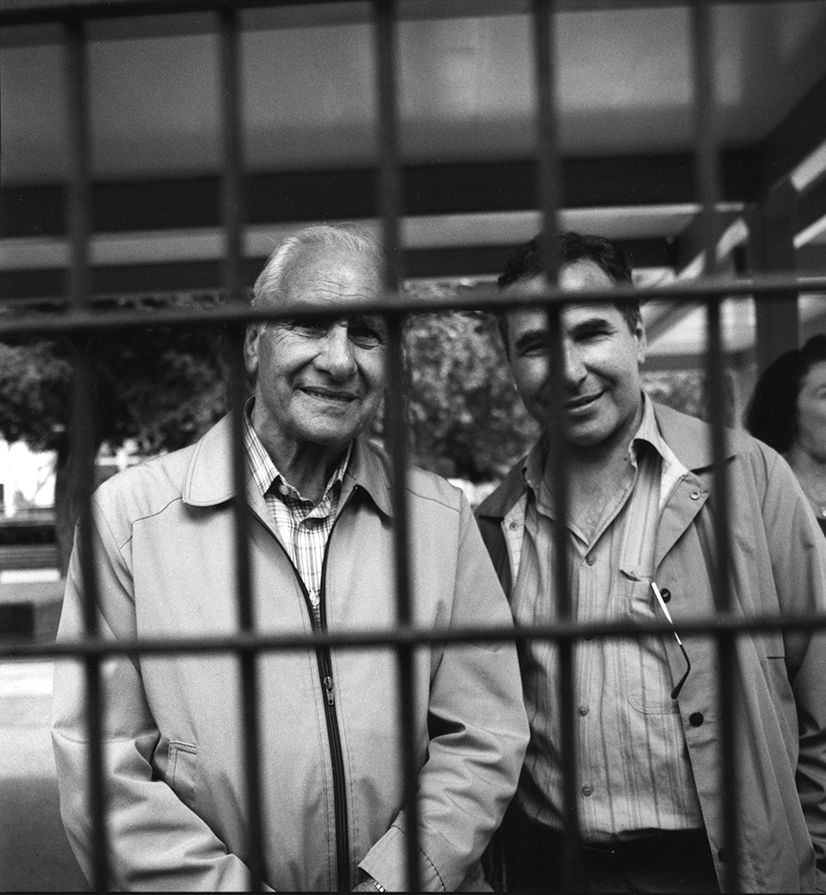For over a year I worked closely with Val Williams on Who’s Looking at the Family? The exhibition began as an attempt to emulate Peter Galassi's Pleasures and Terrors of Domestic Comfort (NY MoMA 1991).
There was an increasing desire to separate the Barbican show from its American precedent by incorporating a greater European perspective and by extending the range of photographic genres, particularly “Outsider” and “Found Photography”. Two of the bodies of work in the exhibition – the “Apes of London Zoo” and the “Boorman Family” – were created by me in my then role as Picture Editor of the Telegraph Magazine. Similarly, other components such as Robert Hammerstiel’s, came about through my involvement, although this was never properly acknowledged. Ironically, the apes and Robert Hammerstiel were used as publicity posters.
But in the drive to incorporate more diverse photography, and for Val Williams to impose her perspective on the exhibition, the nature of some of the individual components was compromised. The essence of the apes project is an examination of the dynamics of portraiture, but this was lost on the curator in her ambition to present unorthodox photography. The further the show progressed, the more it seemed to me that the emphasis was on the menu not the content. The vague, ambiguous title of the exhibition is revealing, and is epitomised by the catalogue with its gimmicky cover. The text inside is a slight commentary not a profound essay. My conclusion was that ultimately the exhibition fetishized much of the photography by not examining it profoundly. If only a big hairy hand of one of the gorillas had gently rested on the curator’s shoulder and a husky bass voice whispered: Stop treating these photographs as stereotypes. Look harder and slower. That’s how photography is revealed.
This article, submitted by Michael Collins, had been scheduled for publication in Photoworks Annual Issue 20: Family Politics. Before going to print and due to editorial errors, it was not published in our printed publication.
Photoworks apologises to Michael Collins for reversing their original decision and is now reviewing editorial briefing policies and communication with authors on both commissioned and submitted texts.

